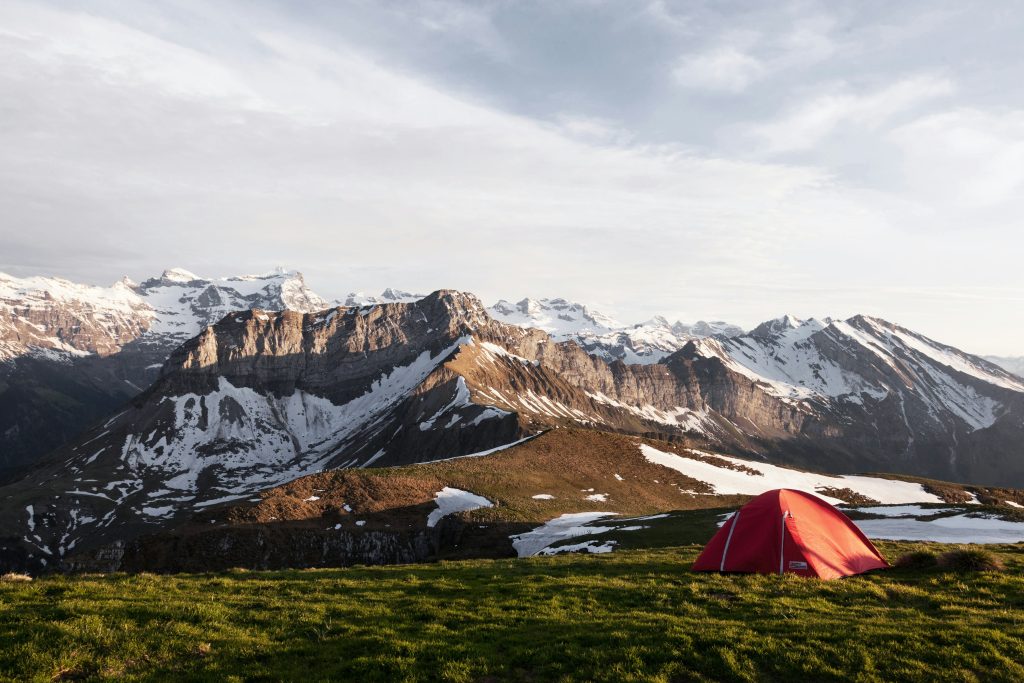- +441142043258
- 5 Holly St, Sheffield City Centre, Sheffield S1 4AW, United Kingdom
Prioritize Safety
Always carry a first-aid kit, flashlight, and extra batteries. Learn basic survival skills, such as building a fire or purifying water.
Pack Smart and Light

underpacking
Overpacking can be as troublesome as underpacking. Focus on essentials—tent, sleeping bag, cooking equipment, first-aid kit, and weather-appropriate clothing. Lightweight, multipurpose items save space and make carrying gear much easier, especially if hiking is part of the trip.
Stay Hydrated and Well-Fed
Dehydration and lack of energy can quickly ruin a camping trip. Bring plenty of drinking water or a portable filter if you’re near natural sources. Plan meals in advance and pack easy-to-cook foods. Campfire cooking or portable stoves add fun to the experience while keeping you fueled for activities.
Camping
Camping is about coexisting with nature. Keep your campsite clean, dispose of waste properly, and avoid feeding wild animals.
environment
Respecting nature not only preserves the environment but also keeps you and others safe.
outdoor
Weather can change quickly in outdoor settings. Dress in layers to adjust to temperature shifts, and bring rain gear even if the forecast looks clear.
activities
Proper footwear is also essential to avoid injuries during hiking or other outdoor activities.
stargazing
Camping isn’t just about sitting by the tent. Try activities like hiking, canoeing, stargazing, or wildlife watching to make the most of your adventure.
footprints
Always follow the “Leave No Trace” principle—take only memories, leave only footprints. Preserving nature ensures that future generations can enjoy camping as much as we do.
wonderful way
Camping is a wonderful way to escape daily stress and immerse yourself in nature, but preparation and mindfulness are key. By choosing the right campsite, packing wisely, staying safe, and respecting the environment, you can ensure your camping adventure is both safe and enjoyable. With the right approach, every trip becomes a chance to grow, explore, and create unforgettable memories.
Leave No Trace
- 5 Holly St, Sheffield City Centre, Sheffield S1 4AW, United Kingdom
- [email protected]
- +441142043258

